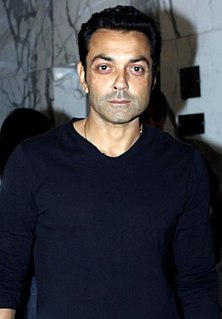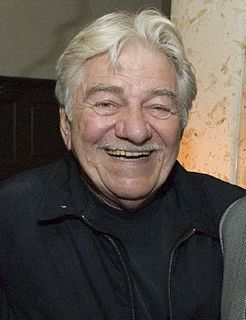A Quote by Yiyun Li
In film, you have to present everything on the screen so it's the opposite of what I usually do with storytelling. It forced me to think about how people walk, where they sit at that moment. With Princess of Nebraska, it was just fun to watch because the movie was so far from the story. It was very much a different story.
Related Quotes
You're in a movie, so you have to think about how something plays. It's not like you're thinking about how an audience is going to react. You're trying to present the story. You're trying to illuminate the lives of these people in the story. So I'm thinking about how my behavior as this character best illuminates what's going on with them in this moment in time. I always say it's sort of the director's job. People think that the directors direct actors. No. Really, what the director's doing is directing the audience's eye through the film.
I think it worked two ways. One, a lot of people writing about the movie used that as shorthand and it could either be a good thing or they could use it to dismiss the movie like we were a copycat movie or something like that. It's very much its own story. It is a young woman in a post-apocalyptic society, but after that it's just a whole different kind of story and a different journey that she goes through.
I had no intention of replacing Arnold [Schwarzenegger]. There were a few things that made me want to do the movie. They were the script which had a different direction to it, and it was a chance to do a very different Quaid. I didn't read the short story until I went to college.Reading the story had a different effect on me of how I pictured him to be and the tone of the story was different. In the story, he's a bit more of an everyman.
I don't have the story finished and ready when we start work on a film. I usually don't have the time. So the story develops when I start drawing storyboards. I never know where the story will go but I just keeping working on the film as it develops. It's a dangerous way to make an animation film and I would like it to be different, but unfortunately, that's the way I work and everyone else is kind of forced to subject themselves to it.
Film team kept me very, very shielded when I was that young, because of course, I was seven years old. You know, you're still kind of reading. It's still kind of like, "Cat." "Dog." "Ann jumped over fence." So I guess in a way it helped me progress in school, too, because I was reading so much and memorizing so much. But they kept me very shielded from everything that was going on in the The Amityville Horror. I didn't know anything, basically, about the film. I just knew that it was a scary film. I wasn't allowed to watch it. I can watch it now, I'm just too scared.
I think that when I'm telling a story, I'm doing the best I can to tell the story as fully as I can, and if there are various fractures that happen in the story, then that's just the very thing that the story is as opposed to my looking for avenues of difference in one story. They just really do exist. For me, anyway.
I think that people have to have a story. When you tell a story, most people are not good storytellers because they think it's about them. You have to make your story, whatever story it is you're telling, their story. So you have to get good at telling a story so they can identify themselves in your story.
Yeah, it's an origin story. But you very quickly get into the origin and then it's off to the races. It is an origin story, certainly, but it's not like the movie ends and somebody stretches. It happens pretty quickly and I'm not sure how much I'm allowed to say about it, but I think when people see that first hint, they'll be pretty excited about it.






































